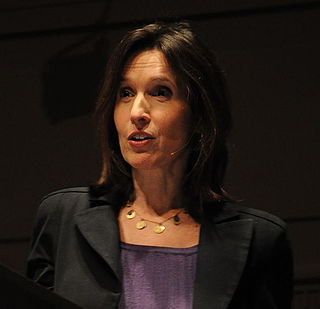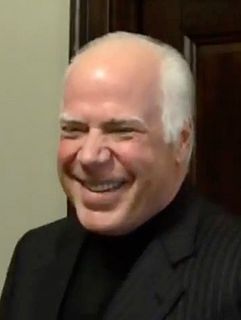A Quote by Joseph Stiglitz
Most poor people earn more than minimum wage when they are working; their problem is not low wages. The problem comes when they are not working.
Related Quotes
It seems to me both moral and practical that in the richest in nation in the world that someone working full time shouldn't live in poverty. And studies over the last 20 years in states where we have seen these minimum wage increases show there's no discernible impact on employment growth. In fact, what it does is line low-wage workers' pockets with higher wages.
Sharp increases in the minimum wage rate are also inflationary. Frequently workers paid more than the minimum gauge their wages relative to it. This is especially true of those workers who are paid by the hour. An increase in the minimum therefore increases their demands for higher wages in order to maintain their place in the structure of wages. And when the increase is as sharp as it is in H.R. 7935, the result is sure to be a fresh surge of inflation.
But can we please stop insisting that if low-wage workers earn a little bit more, unemployment will skyrocket and the economy will collapse? There is no evidence for it. The most insidious thing about trickle-down economics is not the claim that if the rich get richer, everyone is better off. It is the claim made by those who oppose any increase in the minimum wage that if the poor get richer, that will be bad for the economy. This is nonsense.
In working on any one problem, such as higher minimum wages, so many other issues come into play, such as some businesses possibly closing down, thus creating fewer jobs and more unemployment and incentivizing companies to import more goods from abroad, which leads to even less employment at home, and so on.
If a market exists for low-paid work, then we should think about how we can make this type of work more attractive by providing government assistance. Of course, the wage-earner must be able to live off of his wages. We will not allow poverty wages or dumping wages. But the wage earner can receive a combined wage that includes both his actual wages and a government subsidy.
a great deal of the wealth at the top is built on the low-wage labor of the poor. Take Wal-Mart, our largest private employer and premiere exploiter of the working class. ... You think it's a coincidence that this union-busting low-wage retail empire happens to have generated a $65 billion family fortune?





































